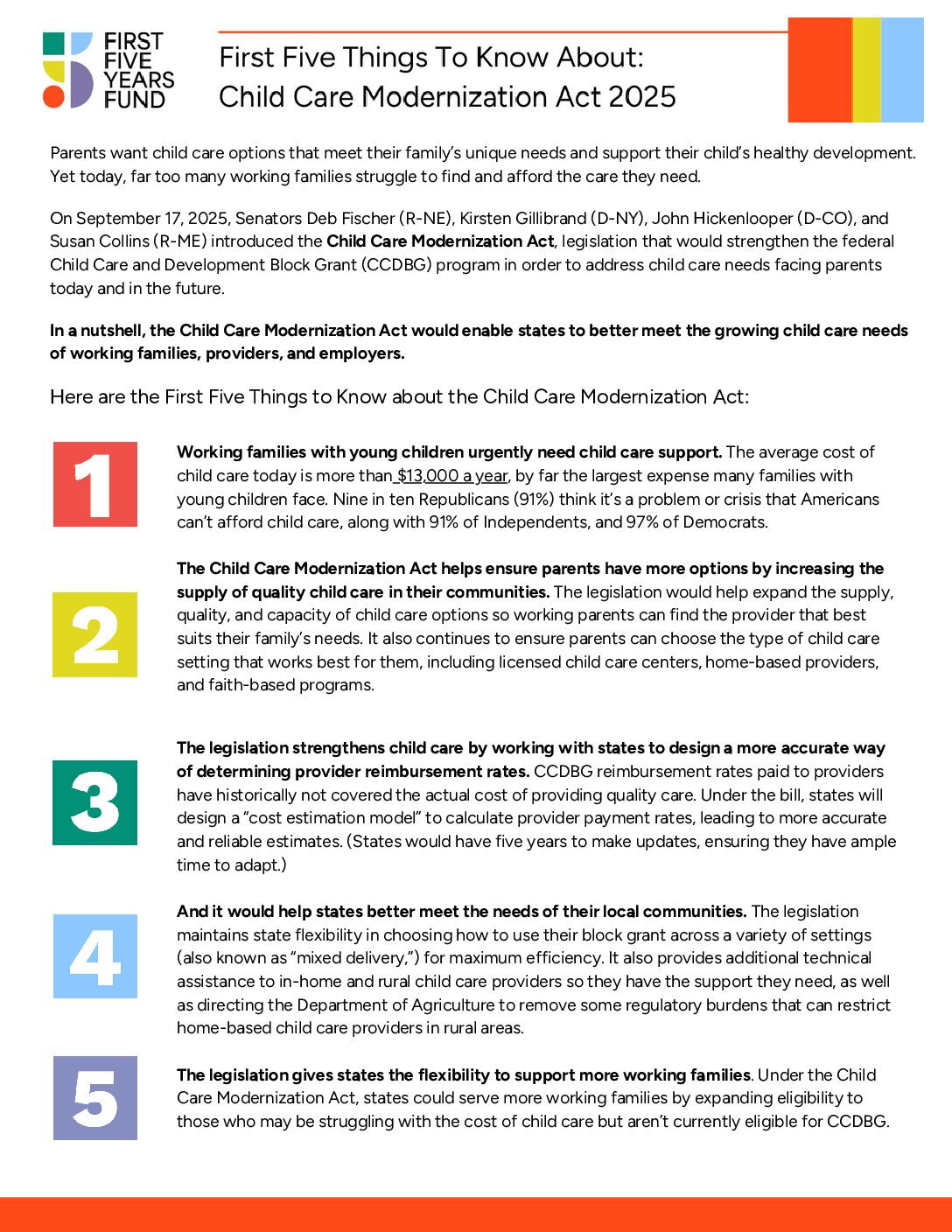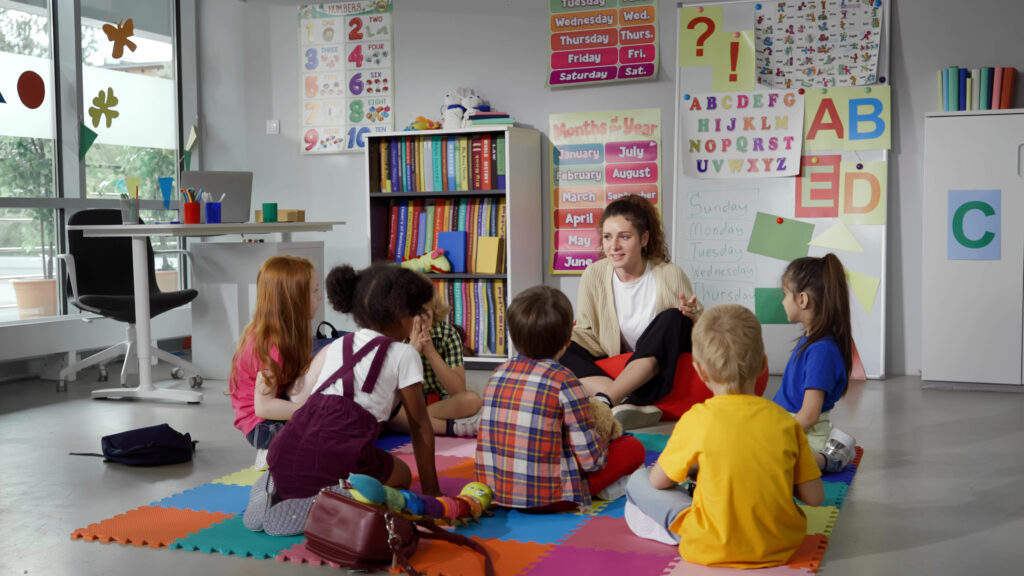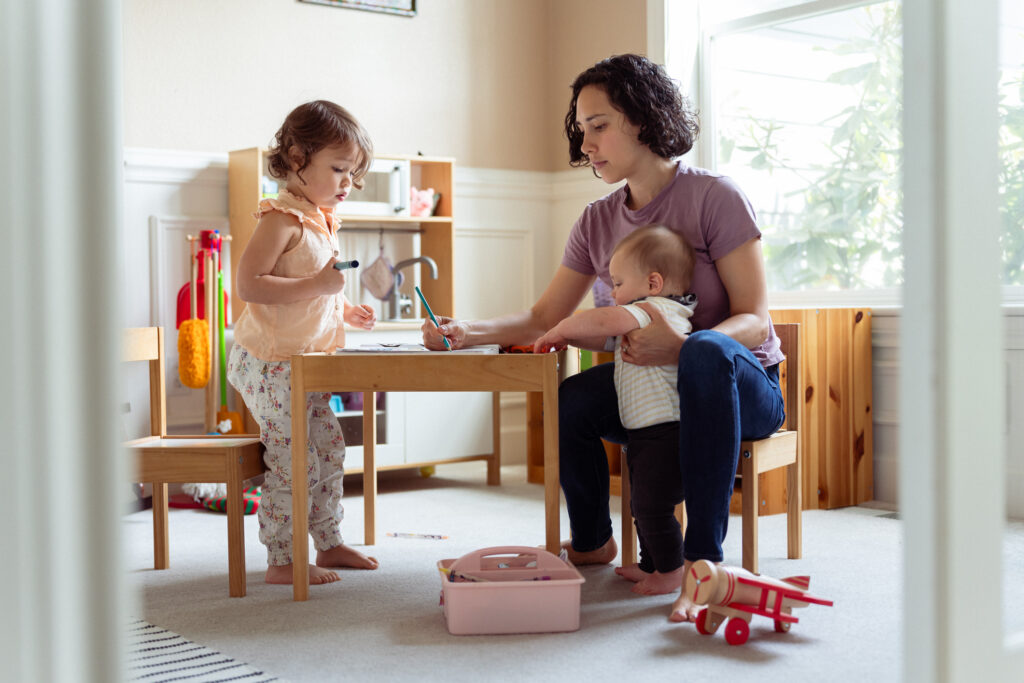First Five Things To Know About: The Child Care Modernization Act
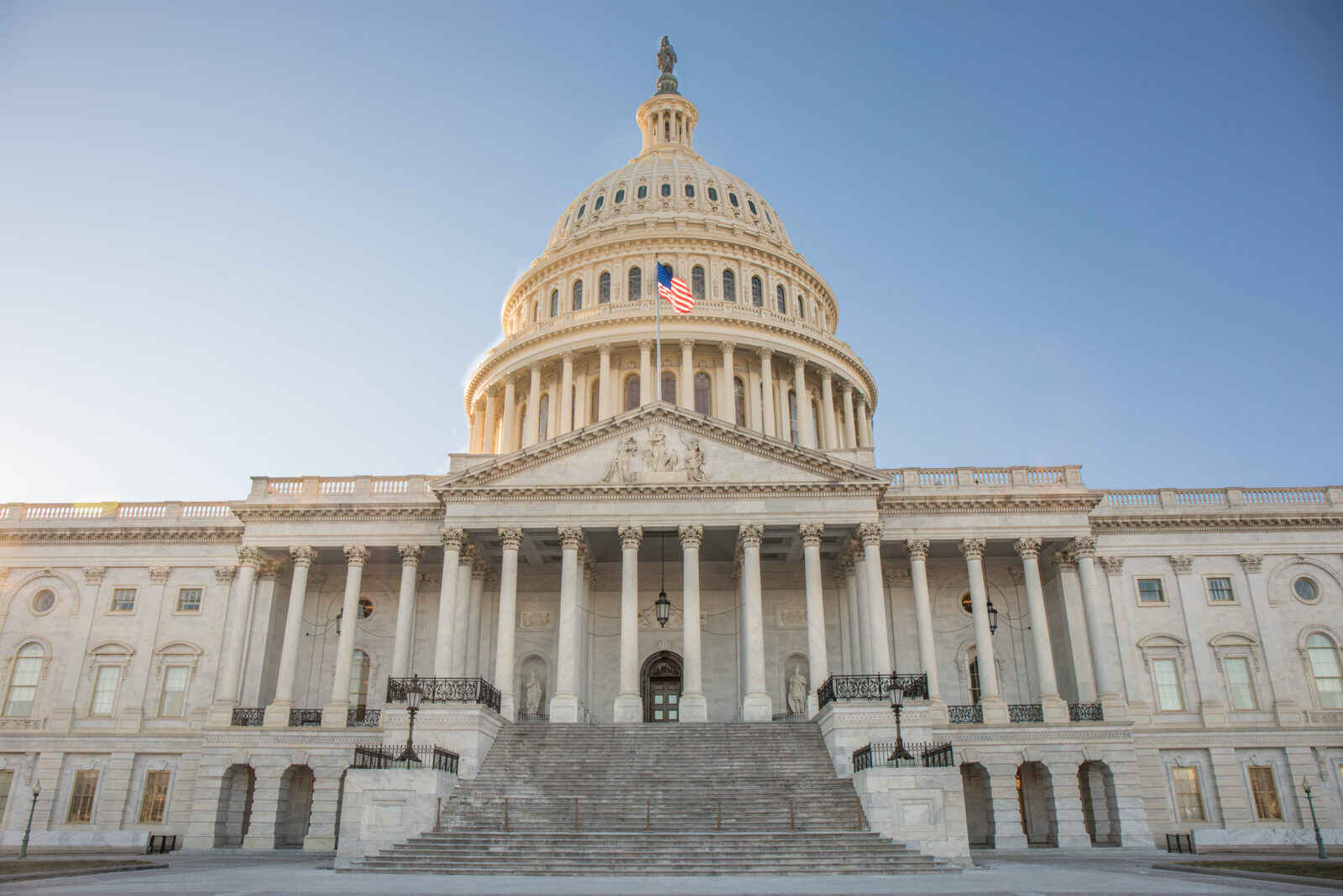
Parents want child care options that meet their family’s unique needs and support their child’s healthy development. Yet today, far too many working families struggle to find and afford the care they need.
On September 17, 2025, Senators Deb Fischer (R-NE), Kirsten Gillibrand (D-NY), John Hickenlooper (D-CO), and Susan Collins (R-ME) introduced the Child Care Modernization Act, legislation that would strengthen the federal Child Care and Development Block Grant (CCDBG) program in order to address child care needs facing parents today and in the future.
In a nutshell, the Child Care Modernization Act would enable states to better meet the growing child care needs of working families, providers, and employers.
Here are the First Five Things to Know about the Child Care Modernization Act:

Working families with young children urgently need child care support. The average cost of child care today is more than $13,000 a year, by far the largest expense many families with young children face. Nine in ten Republicans (91%) think it’s a problem or crisis that Americans can’t afford child care, along with 91% of Independents, and 97% of Democrats.
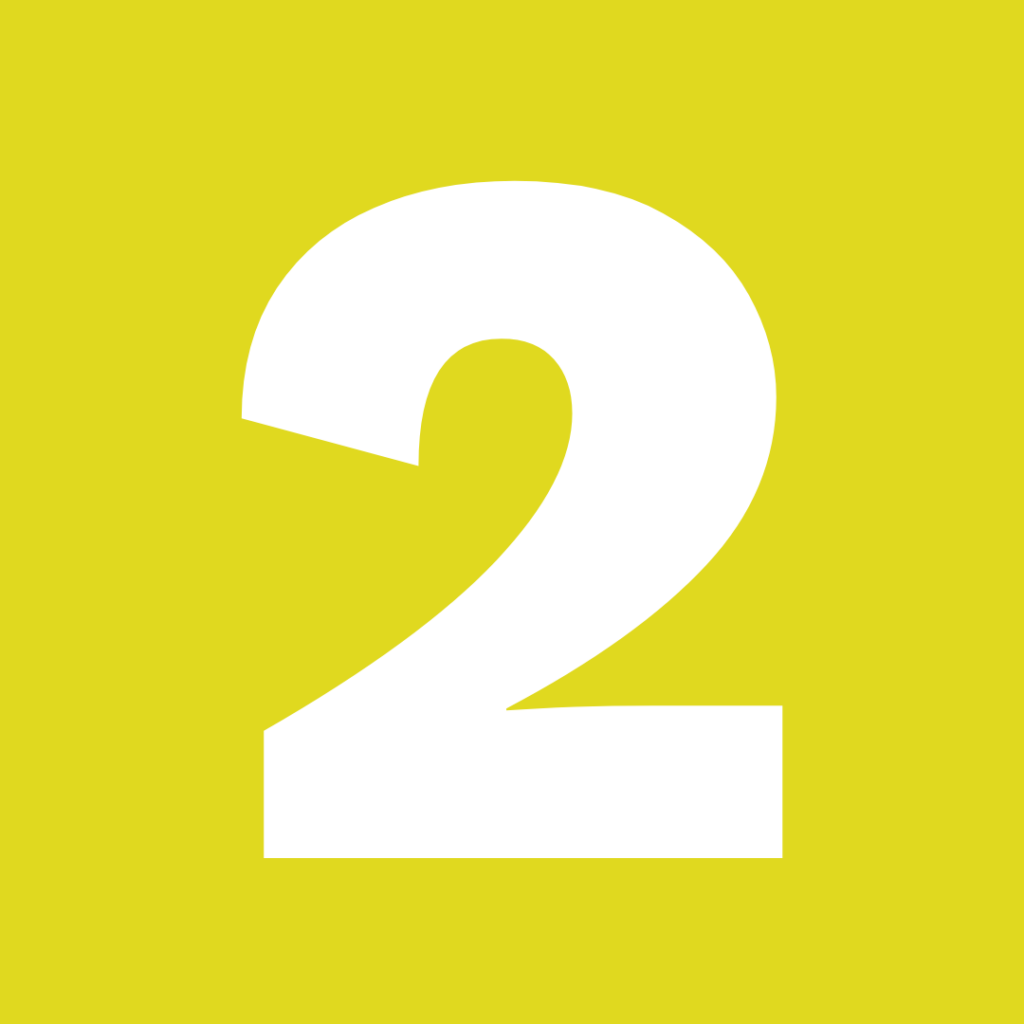
The Child Care Modernization Act helps ensure parents have more options by increasing the supply of quality child care in their communities. The legislation would help expand the supply, quality, and capacity of child care options so working parents can find the provider that best suits their family’s needs. It also continues to ensure parents can choose the type of child care setting that works best for them, including licensed child care centers, home-based providers, and faith-based programs.

The legislation strengthens child care by working with states to design a more accurate way of determining provider reimbursement rates. CCDBG reimbursement rates paid to providers have historically not covered the actual cost of providing quality care. Under the bill, states will design a “cost estimation model” to calculate provider payment rates, leading to more accurate and reliable estimates. (States would have five years to make updates, ensuring they have ample time to adapt.)

And it would help states better meet the needs of their local communities. The legislation maintains state flexibility in choosing how to use their block grant across a variety of settings (also known as “mixed delivery,”) for maximum efficiency. It also provides additional technical assistance to in-home and rural child care providers so they have the support they need, as well as directing the Department of Agriculture to remove some regulatory burdens that can restrict home-based child care providers in rural areas.

The legislation gives states the flexibility to support more working families. Under the Child Care Modernization Act, states could serve more working families by expanding eligibility to those who may be struggling with the cost of child care but aren’t currently eligible for CCDBG.
The Bottom Line
The Child Care Modernization Act enables states to better address the growing child care needs of working families, providers, and employers. This bipartisan legislation strengthens and sustains the Child Care and Development Block Grant (CCDBG), which helps states offer essential child care support to hundreds of thousands of working families with young children.
By increasing the availability of quality child care in local communities, the bill ensures that parents have more options to meet their needs. It reinforces the existing CCDBG framework while laying the groundwork for future investments through the appropriations process, ensuring the program can continue to evolve and respond to the changing needs of families, children, and communities now and into the future.
Our Take
“Access to affordable, reliable child care is one of the biggest challenges facing working families. The Child Care and Development Block Grant (CCDBG) is a vital part of facing that challenge head on. We’re grateful to Senators Deb Fischer (R-NE), Kirsten Gillibrand (D-NY), John Hickenlooper (D-CO), and Susan Collins (R-ME) for their bipartisan leadership in introducing the Child Care Modernization Act. This legislation offers an important opportunity to strengthen and sustain CCDBG while also addressing child care needs in real time. This will help serve more families both now and in the future.” – Executive Director Sarah Rittling, First Five Years Fund
Supporters Include
- First Five Years Fund
- Afterschool Alliance
- Bipartisan Policy Center Action
- Buffett Early Childhood Institute
- Child Care Aware of America
- ECEC
- Executives Partnering to Invest in Children (EPIC)
- Independent Restaurant Coalition
- KinderCare Learning Companies (KLC)
- Low Income Investment Fund
- Moms First
- National Association of Counties (NACo)
- National Association for the Education of Young Children (NAEYC)
- National Association of Women Business Owners (NAWBO)
- National Child Care Association
- National Children’s Facilities Network
- Save the Children
- Start Early
- Tootris
- YMCA
Statements of support can be found here.
Learn More
- Official press statements from Senate Offices: Fischer, Colleagues Introduce Bipartisan Bill to Expand Working Families’ Access to Child Care and and Gillibrand, Colleagues Introduce Bipartisan Bill To Expand Working Families’ Access To Child Care
- Statements of support from organizations can be found here.
- And for a deeper dive into policy, FFYF has a side-by-side comparison of the Child Care Modernization Act
- FFYF’s CCDBG overview provides an in-depth look at how CCDBG helps meet the needs of children, parents, and child care providers in all 50 states.
- The FFYF CCDBG state fact sheets show the reach, eligibility, and impact of CCDBG in all 50 states.
- These FY2026 Dear Colleague letters highlight Members of Congress from both parties who support prioritizing funding for CCDBG.
Subscribe to FFYF First Look
Every morning, FFYF reports on the latest child care & early learning news from across the country. Subscribe and take 5 minutes to know what's happening in early childhood education.
